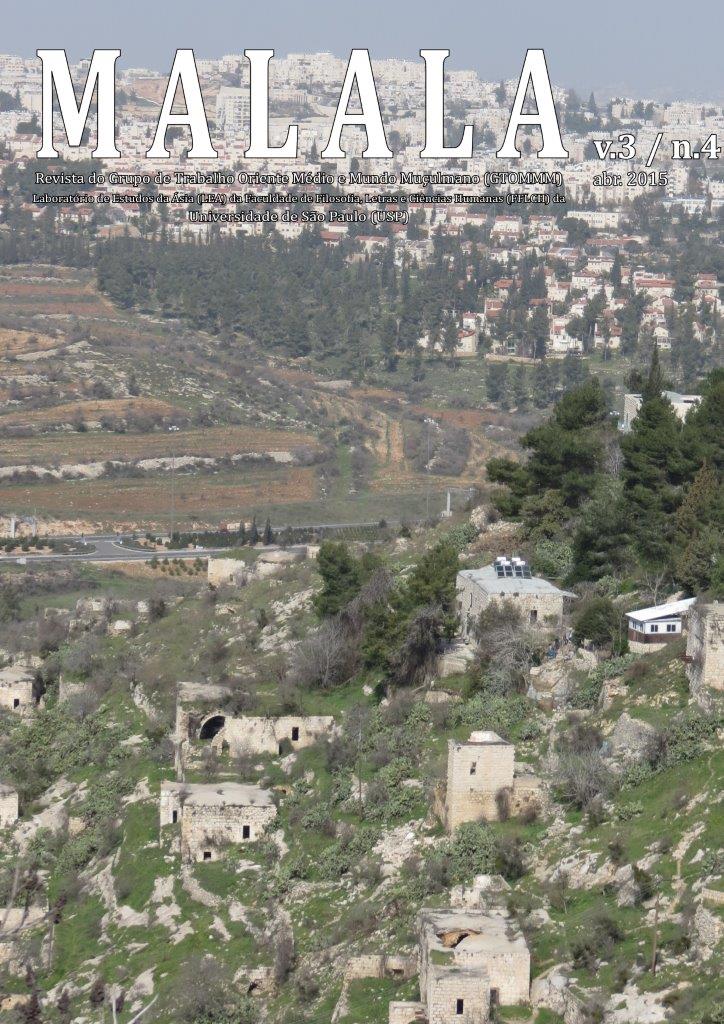Alienation and violence: Frantz Fanon and the israeli-palestinian conflict
DOI:
https://doi.org/10.11606/issn.2446-5240.malala.2015.101772Resumen
The paper aims at analysing the Israeli-Palestinian conflict through the words of Frantz Fanon. In particular, the concept of alienation developed by this author is taken into consideration, in order to try to understand the psychological effects of the colonization on native people. Moreover, the focus is put on violence as a consequence of alienation, with the purpose of highlighting some of the features of the Palestinian resistance. The paper starts with a biography of Fanon, in order to prepare the ground for the examination of his works. After that, the accent is put on that branch of Israeli historiography that began to talk about colonization, so to build the appropriate framework where to carry on the analysis. The third part explains the concept of alienation as developed by Fanon, as well as how the concept is applied it to the case study taken into account. The final section deals with violence, with the aim of enhancing its relation with alienation and, thus, contribute to a major understanding of the Palestinian resistance and the whole conflict.
Descargas
Referencias
Descargas
Publicado
Número
Sección
Licencia
Esta revista oferece acesso livre ao seu conteúdo, seguindo o princípio de que disponibilizar gratuitamente o conhecimento científico ao público proporciona maior democratização mundial do conhecimento. Não será cobrado nenhum tipo de taxa ao longo do processo de submissão de trabalhos e publicação da revista, bem como para leitura, download, cópia, distribuição, impressão, pesquisa ou referência após sua publicação. Leitores e partes interessadas são livres para compartilhar (copiar ou distribuir o material em qualquer mídia e formato) e para transformar ou adaptar partes do material desde que para uso não comercial e desde que o crédito apropriado seja dado ao autor e à Revista, indicando de que forma os dados foram utilizados e/ou manipulados.





